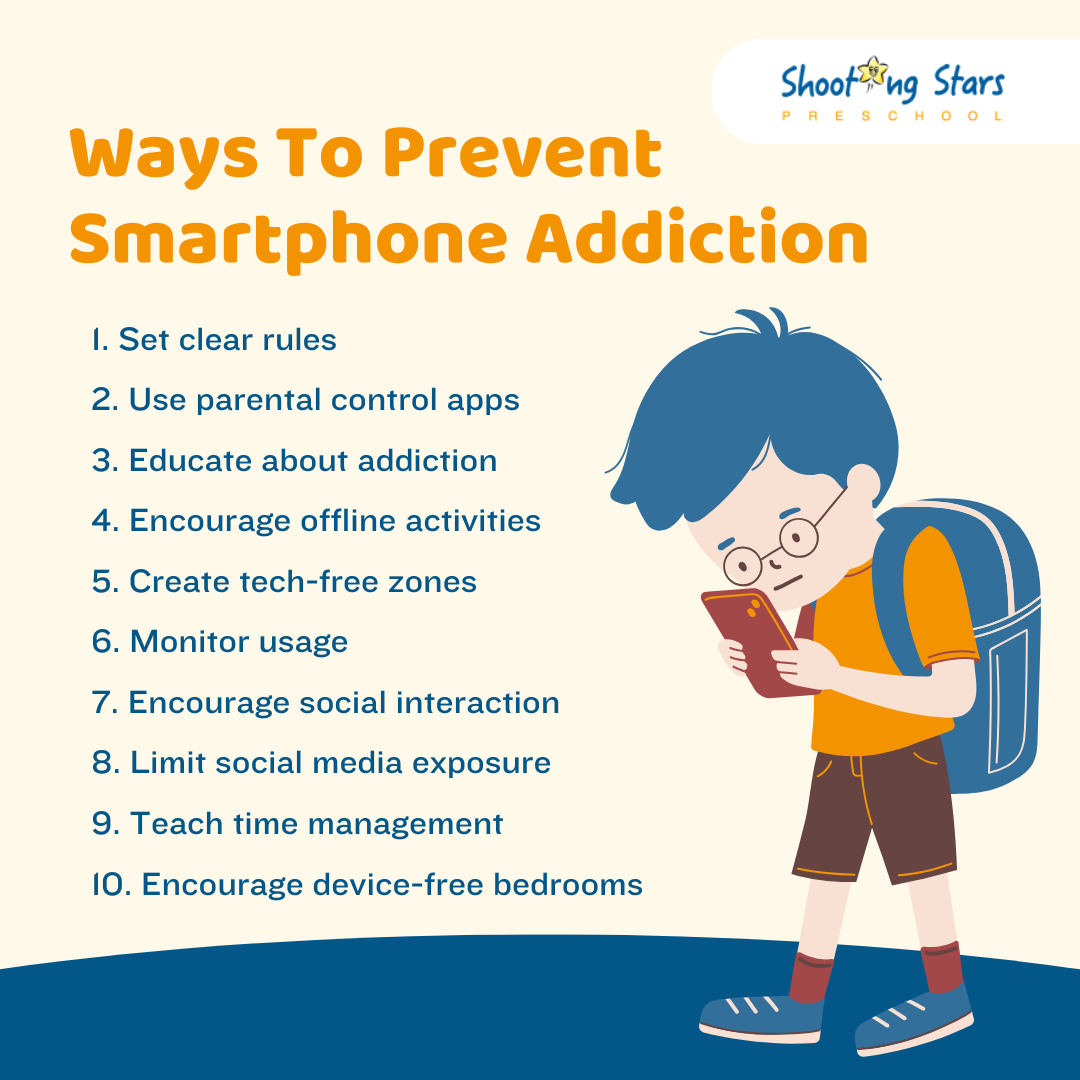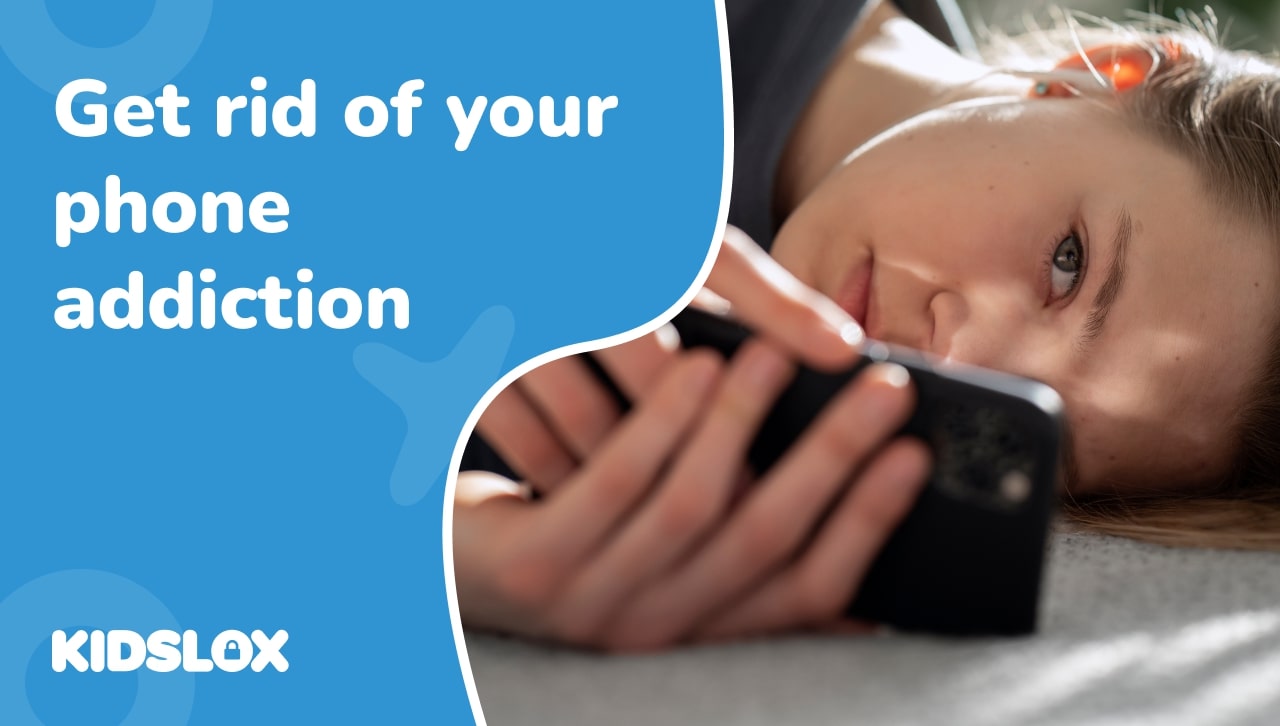Reducing Smartphone Dependency: A Guide to Regaining Control Over Your Digital Life
In today’s digital era, smartphones have become an essential part of our daily lives. From communication to entertainment, information retrieval to socializing, smartphones offer endless convenience. However, this constant connectivity also comes with significant challenges. Smartphone dependency is becoming increasingly common, leading to a myriad of issues such as mental health problems, reduced productivity, and strained relationships.
If you’re struggling with excessive smartphone use, it’s time to take control. In this article, we will explore effective strategies to reduce smartphone dependency, improve your well-being, and regain balance in your life.

The Impact of Smartphone Dependency on Mental Health
The Dark Side of Constant Connectivity
While smartphones offer numerous benefits, they also have the potential to negatively impact our mental health. Here are some of the effects of excessive smartphone use:
- Increased Stress and Anxiety: Constant notifications, social media comparisons, and the pressure to always be available can lead to heightened levels of stress and anxiety.
- Sleep Disruptions: The blue light emitted by smartphones interferes with melatonin production, making it harder to fall asleep. Many people find themselves scrolling through their phones late at night, leading to insufficient sleep and poor overall health.
- Reduced Attention Span: Frequent smartphone use, especially for multitasking, can impair our ability to focus for extended periods. This leads to decreased productivity and difficulty engaging in deep, meaningful tasks.
- Social Isolation: Although smartphones facilitate virtual connections, they often hinder face-to-face interactions. Excessive screen time can contribute to feelings of loneliness and social disconnection.

How Smartphone Dependency Affects Your Productivity
When you’re constantly checking your phone, your ability to focus and engage with important tasks decreases. This “constant checking” behavior, often driven by apps and notifications, can interfere with your work or study routine, leading to:
- Distractions: The constant ping of social media notifications, emails, and news updates can make it challenging to concentrate on tasks that require deep focus.
- Procrastination: It’s easy to delay tasks by mindlessly scrolling through your phone. What starts as a few minutes of checking social media can stretch into hours of wasted time.
Steps to Reduce Smartphone Dependency
The good news is that reducing smartphone dependency is achievable with the right strategies. By implementing the following techniques, you can regain control over your smartphone use and improve both your mental health and productivity.
1. Set Usage Limits
One of the first steps in reducing smartphone dependency is recognizing how much time you’re spending on your device. Many smartphones have built-in features that allow you to monitor and limit screen time.
- Screen Time Tracker: Use apps like Screen Time (iOS) or Digital Wellbeing (Android) to monitor how much time you’re spending on each app. Set daily time limits for apps that are particularly addictive, such as social media or games.
- App Timeouts: Enable “downtime” features, which automatically restrict access to apps during certain hours. This will help you take control of your usage.
2. Turn Off Notifications
Notifications are one of the biggest culprits of smartphone addiction. Whether it’s a new email, a social media alert, or a news update, these notifications demand your immediate attention and often lead to unnecessary distractions.
- Disable Non-Essential Notifications: Turn off notifications for apps that are not essential to your daily life, such as shopping apps or games.
- Limit Social Media Alerts: Social media platforms like Instagram, Facebook, and Twitter often have frequent notifications that pull you back into the apps. Turn off these alerts to help you stay focused.
3. Create Phone-Free Zones
Establishing certain areas in your home where phone use is restricted can help you reduce your dependency. For example, designate your bedroom or dining area as a phone-free zone. This will allow you to engage in activities like eating or sleeping without the constant temptation of your phone.
- Charge Your Phone Outside the Bedroom: Charging your phone outside the bedroom helps you avoid the habit of scrolling through it before bed or as soon as you wake up.
- Engage in Screen-Free Activities: Enjoy activities that don’t involve screens, such as reading a book, exercising, or cooking. This helps create a healthy balance and reduces the urge to reach for your device.
:max_bytes(150000):strip_icc()/how-much-should-we-reduce-smartphone-use-for-better-mental-health-c787c03b7ef948ffa1e3030df410e619.jpg)
4. Implement a “No Phones Before Bed” Rule
Many people make the mistake of using their phones right before bed, which can significantly disrupt sleep. The blue light emitted by screens interferes with melatonin production, making it harder to fall asleep.
- Replace Screen Time with Relaxation: Instead of scrolling through your phone before bed, engage in relaxation techniques such as reading a book, journaling, or meditating.
- Establish a Bedtime Routine: Set a regular bedtime and create a routine that signals your body to wind down, such as dimming the lights, avoiding screens, and practicing deep breathing.
5. Engage in Physical Activities
Physical activities not only improve your health but also help you disconnect from your phone. Exercise can provide a much-needed break from screen time and boost your mood by releasing endorphins.
- Go for a Walk: Taking a walk outdoors is a simple yet effective way to disconnect from technology and clear your mind.
- Practice Yoga or Meditation: Yoga and meditation are excellent ways to focus your mind on the present moment and take a break from digital distractions.
6. Use Your Phone Mindfully
Rather than allowing your smartphone to dictate your actions, use it intentionally. Think about why you’re picking up your phone—whether it’s to check a message, make a call, or search for information.
- Be Selective with Apps: Download only the apps that add value to your life, such as productivity apps, health tracking apps, or educational tools. Avoid downloading unnecessary apps that lead to mindless scrolling.
- Practice Mindful Consumption: Before scrolling through social media, take a moment to ask yourself whether it aligns with your goals or values. Use your phone to enrich your life rather than as a tool for distraction.

Frequently Asked Questions (FAQs)
Q1: How can I reduce my screen time on my smartphone?
A1: To reduce screen time, start by setting daily limits on your most used apps, turn off unnecessary notifications, and make a habit of engaging in phone-free activities like reading or exercising.
Q2: What are the mental health benefits of reducing smartphone use?
A2: Reducing smartphone use can help reduce stress, improve sleep quality, and boost mental well-being. It allows you to reconnect with the present moment, focus on face-to-face interactions, and avoid digital overload.
Q3: How do I break the habit of checking my phone constantly?
A3: Break the habit by setting screen time limits, creating phone-free zones, and practicing mindfulness when using your phone. Take regular digital detoxes and focus on more meaningful activities.
Q4: Can apps help me reduce my smartphone addiction?
A4: Yes! There are several apps, like Forest, Moment, and Focus@Will, that help track your screen time, set usage limits, and encourage more focused and mindful phone use.
Conclusion
Smartphone dependency is a growing concern in the digital age, but with the right strategies, you can regain control and reduce your reliance on these devices. By setting boundaries, managing notifications, and engaging in phone-free activities, you can achieve a healthier balance between the digital world and your real-life experiences.
Remember, technology should serve you, not control you. Take the steps today to reduce smartphone dependency and reclaim your time, health, and relationships.

